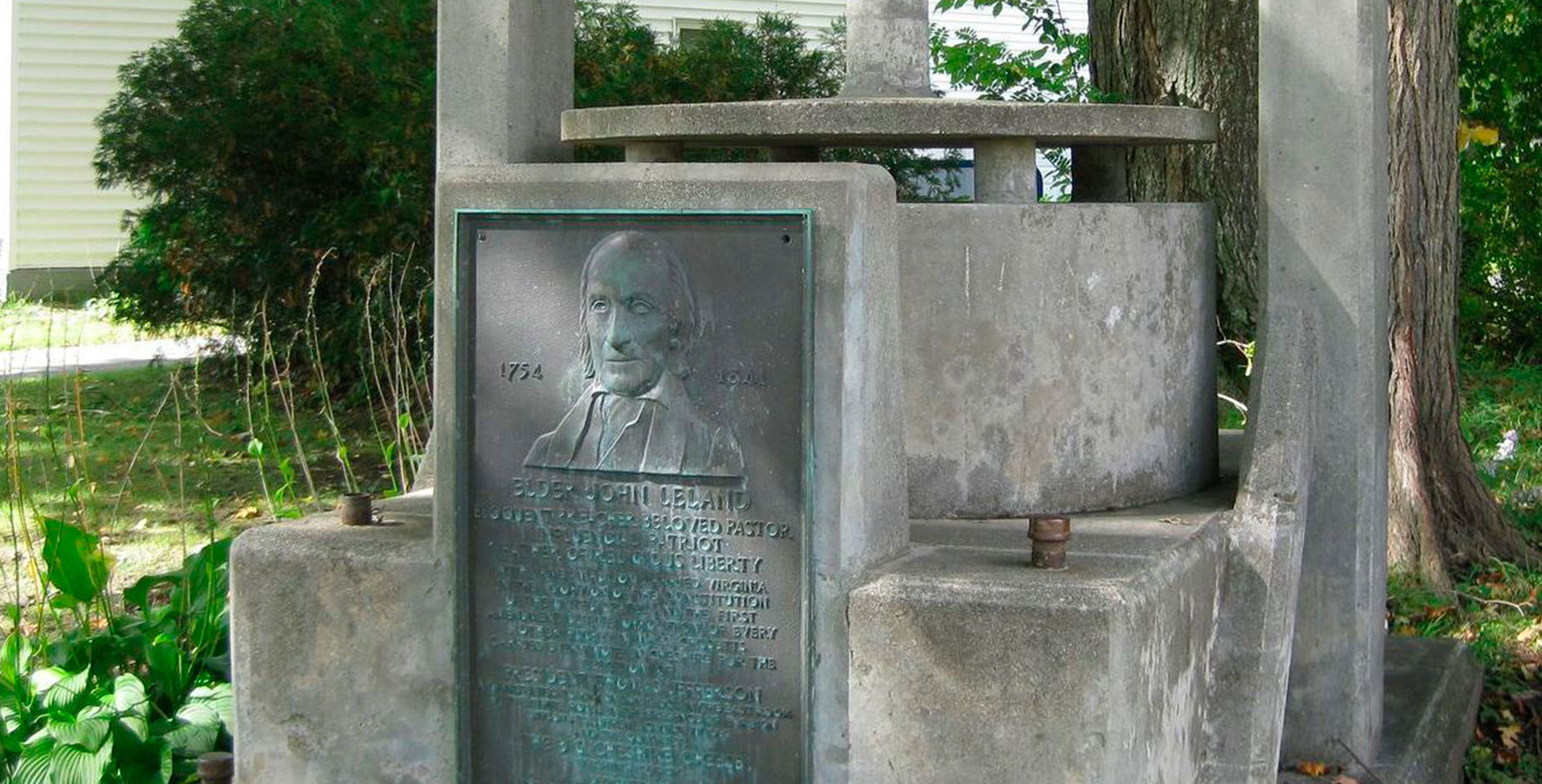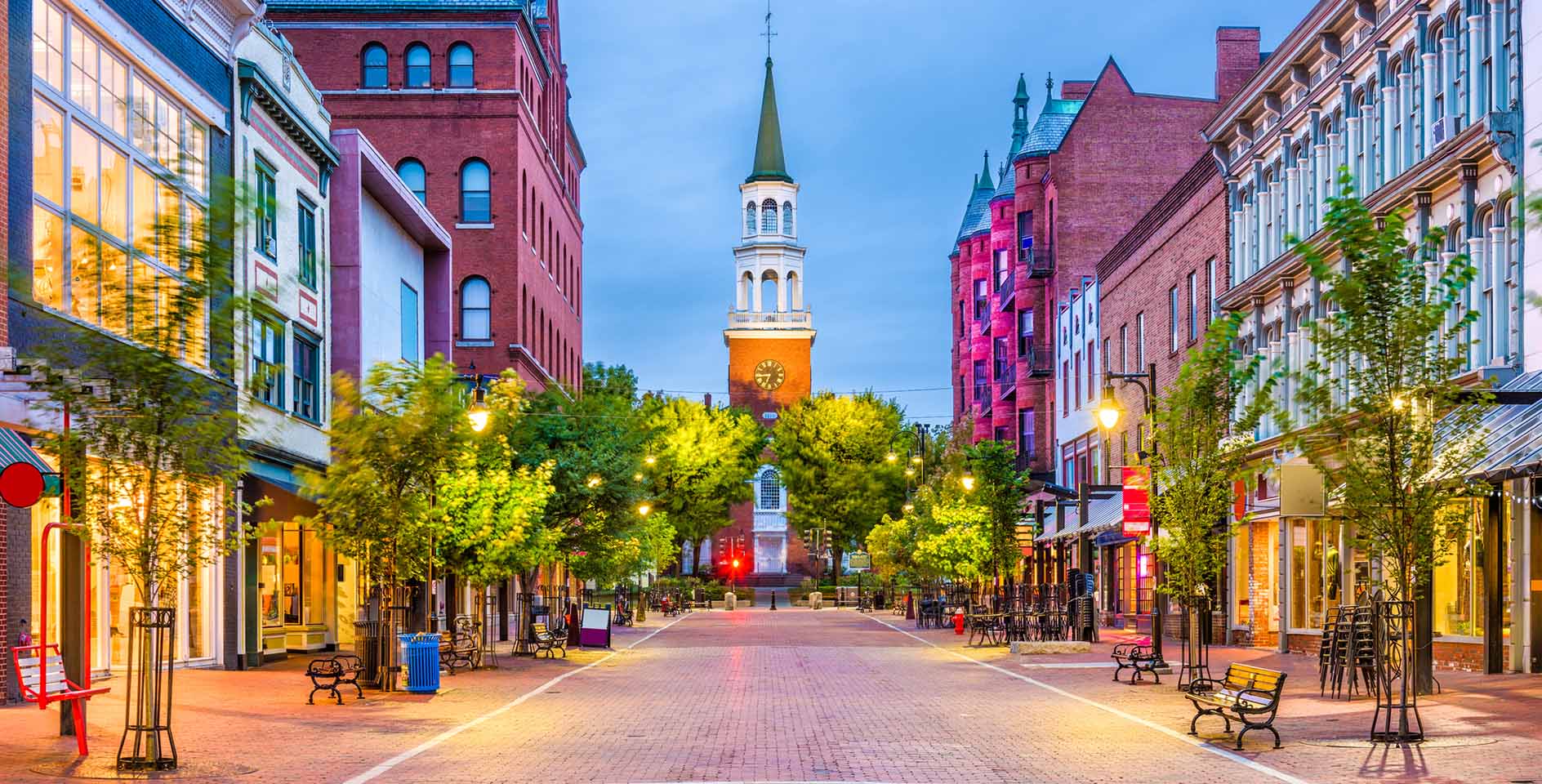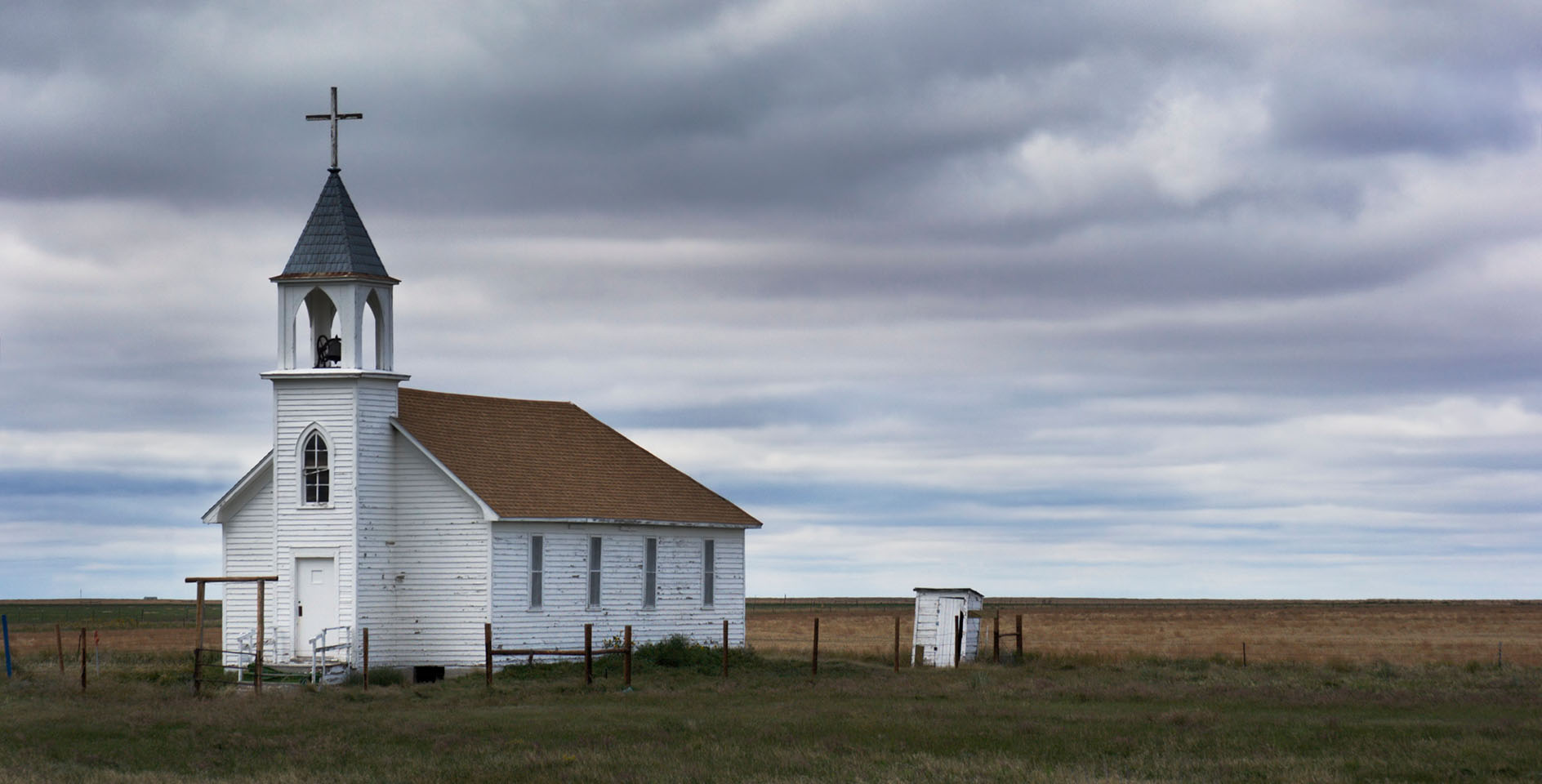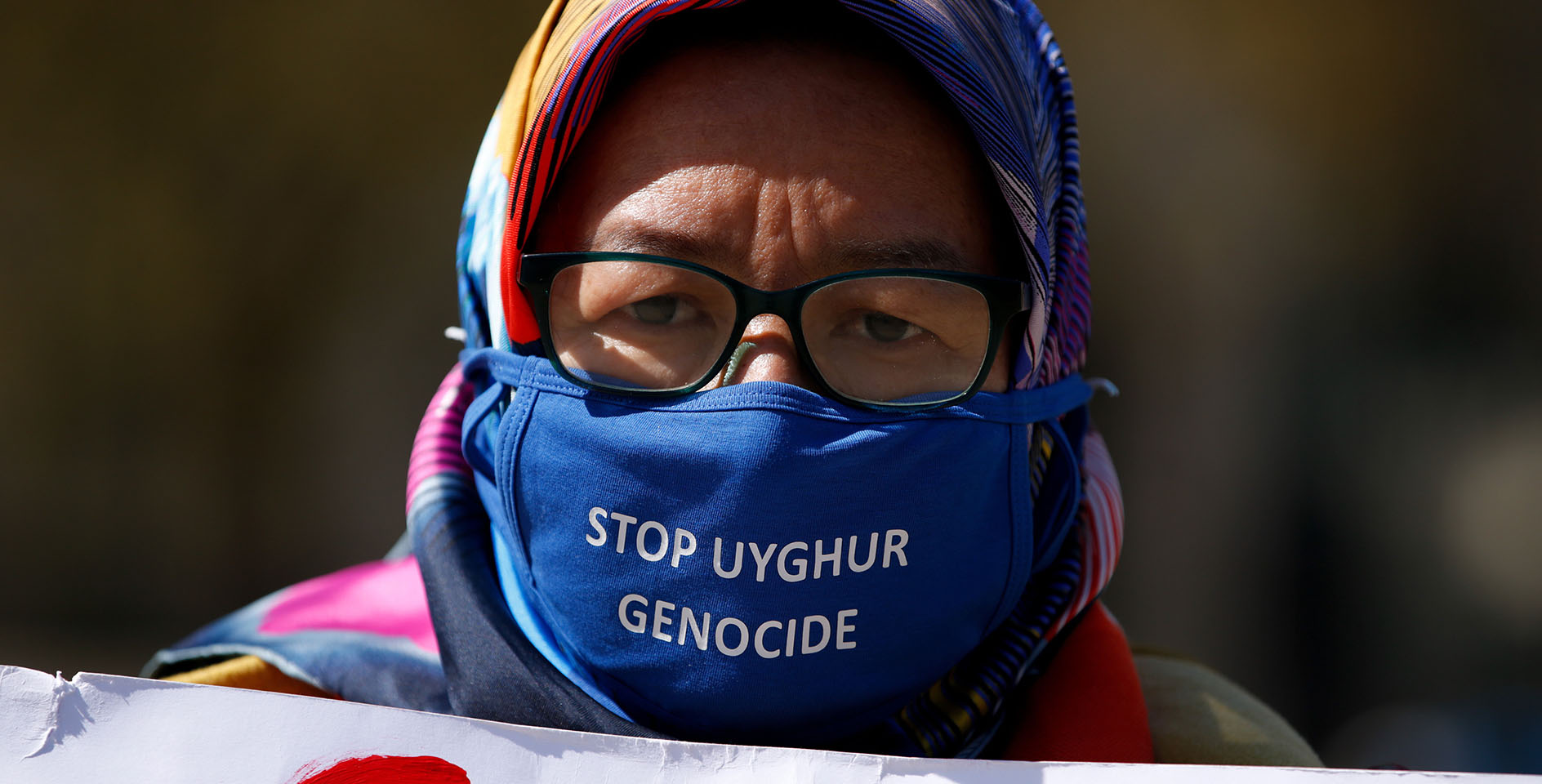One of the values of Christian history is learning from past role models for the sake of present-day faithfulness. Baptist history is filled with such role models. Though none of them is perfect — who is except King Jesus? — they nevertheless offer a wealth of wisdom for those who are willing to learn from our history.
In recent days, I’ve become convinced that John Leland (1754–1841) is among the most important role models from Baptist history. Leland was a native of Massachusetts, though he spent many of his most fruitful years of ministry in Virginia. He became one of the most important Baptist leaders of his era, a time that coincided with the emergence of Baptists from their persecuted sectarian roots into a national denomination.
Three reasons to look to Leland
There are three reasons I believe contemporary Southern Baptists should look to John Leland as a key role model.
Religious liberty: First, and most famously, Leland was unwavering in his commitment to what Baptists have often called the “First Freedom” of religious liberty for all people. This principle is a cherished Baptist distinctive that is enshrined in the First Amendment to the U.S. Constitution. In God’s providence, Leland played a significant role in that signal moment in American history.
In 1788, James Madison of Virginia was running for a seat in the U.S. House of Representatives. Madison met with Leland in the hopes of garnering support from the Baptists in his district. The two men came to an agreement. Leland would encourage Baptists to vote for Madison. In return, Madison would advocate for full religious freedom. Madison won the election and subsequently authored the First Amendment that guaranteed religious freedom for all by rejecting the idea of an established state church. Leland was also a strong supporter of Thomas Jefferson, in part because of the latter’s commitment to church-state separation. In 1801, Leland famously gifted President Jefferson with a 1235-pound block of cheese from Massachusetts Baptists. In response, Jefferson invited Leland to preach at a Sunday worship service in the House of Representatives. Jefferson attended the service.
Personal evangelism: The second reason we should look to Leland is because of his zeal for personal evangelism. While Leland is best remembered for his tireless advocacy for religious liberty, he would have identified himself first and foremost as an evangelist. Leland preached over 8,000 sermons and baptized approximately 2,000 converts during the course of his ministry. In fact, one of the reasons Leland was such a strong advocate for religious liberty is because he wanted every individual to have the freedom to believe the gospel without confusion or compulsion. For Leland, defending religious liberty was not about commending an Enlightenment principle but rather was about advancing the Great Commission.
Biblical justice: A final reason Leland is an important role model for contemporary Baptists is because of his advocacy of biblical justice, which he understood to be compatible with his commitment to personal evangelism. In Leland’s day, the greatest public injustice was the system of race-based chattel slavery in the American South. Leland was arguably the most famous Baptist to argue against human enslavement. In 1791, he chose to leave Virginia and return to Massachusetts following the controversy that resulted from a strongly worded anti-slavery sermon. Though his views on how best to end the evil of slavery legally evolved over time, Leland maintained his belief that slavery was incompatible with Christianity and that Christian slaveowners should emancipate their slaves.
Leaning in to Leland’s legacy
Though times have changed, our world is not so different from that of Leland. Religious liberty is under fire in our own day, not so much from the specter of state-imposed religion but rather primarily from the threat of state-imposed secularism and culturally endorsed revisionist morality. The religious freedom of Christian bakers and florists is denigrated as hateful bigotry. Churches are coerced into closing their doors because of government overreach during a pandemic. Roman Catholics are forced to provide insurance coverage for contraceptives or medical procedures that violate their religious convictions. The list could go on. Baptists must remain firmly committed to our historic principle of religious liberty for all people.
Leland lived during the period when the irreligious South was finally becoming the Bible Belt because of the influence of the First and Second Great Awakenings. Today, what was once the Bible Belt may well remain overchurched in some places but it is increasingly underreached. This is even more the case in other parts of our nation. Research shows that across the USA, the share of citizens who claim to be Christian is shrinking while the percentage of “nones” is increasing at a rapid rate. Leland stands out as an evangelistic role model at a time when Southern Baptists are recommitting ourselves to sharing the gospel with all people and planting churches where there is minimal gospel witness.
Finally, our own day is threatened by culturally sanctioned injustice. While race-based slavery is outlawed in the United States and most other nations, various forms of both personal and corporate racism persist. The modern slavery of human sex trafficking harms women all over the world, often in our own communities. Millions of unborn image-bearers are legally murdered because of the tragedy of abortion-on-demand. Too many women are abused by powerful men, far too often in religious contexts by those in positions of spiritual authority. Minority groups are the victims of state-sanctioned genocide in other nations. Countless children are exploited by pornographers. This is just scratching the surface. Leland reminds us that evangelistic proclamation and the advocacy of public justice are complementary ministries.
There is no better time than now for Baptists to become reacquainted with the life and legacy of John Leland. May his holistic commitment to defending religious liberty, spreading the gospel, and advocating for justice encourage us to do likewise.








